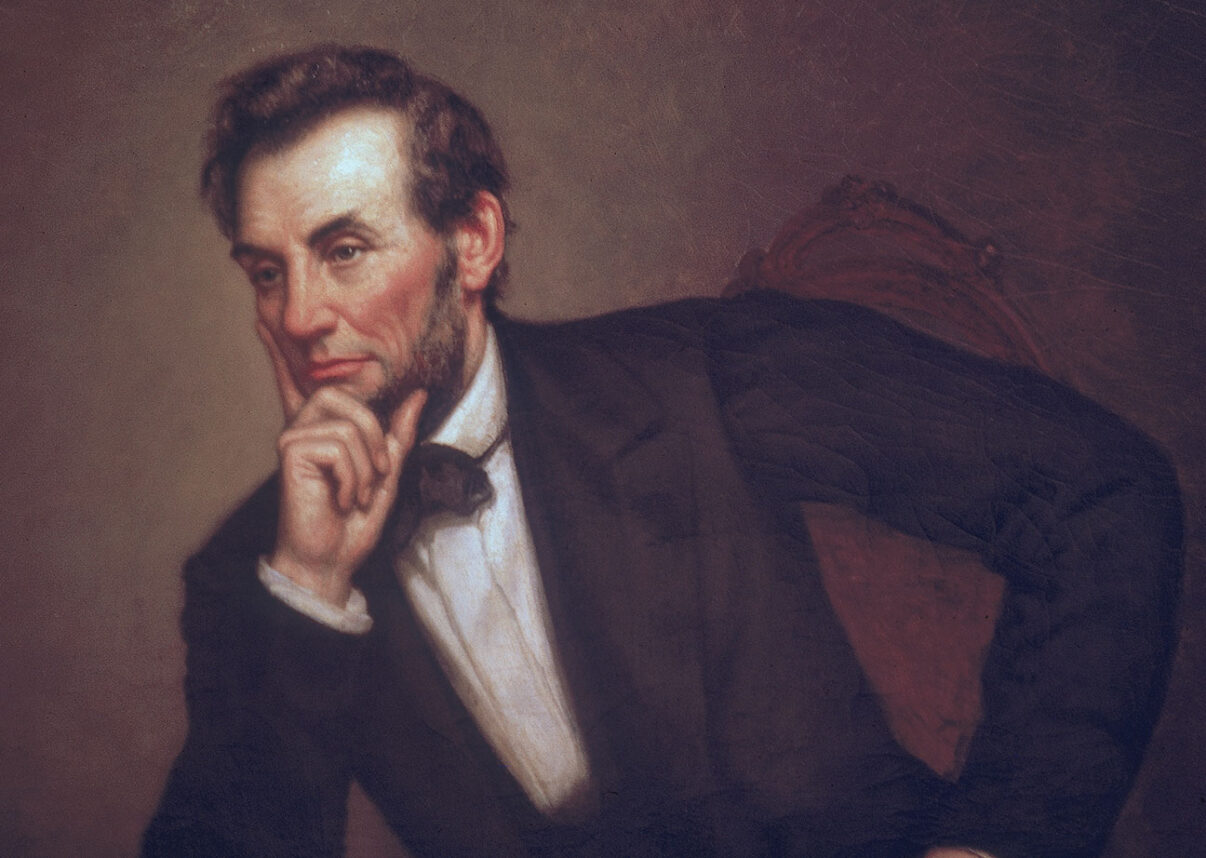By Yeshaia Blakeney
Buddhism is one of the fastest growing religions in the west. One of the features of this religion that can help to account for its growth is that many don't consider Buddhism a religion at all. Is Buddhism a Religion? Many would say it is not, as it is often labeled a “philosophy” or “belief system” or a “practice.” In the recent controversy between science and religion the new atheists often single Buddhism out as distinctly different than the three fountainhead religions.” Many of the new atheists have recognized that Buddhism doesn't quite belong with the other religious targets, and they reserve a vague respect for its philosophical core”. What in the history, practice and philosophy of Buddhism has created this categorical confusion? What does this confusion tell us about Buddhism? Is Buddhism so radically different from the Judaic faiths that it doesn't belong in the same category?
Huston Smith describes Buddhism as “Empirical, scientific, pragmatic, therapeutic, psychological, egalitarian and directed to individuals.” It is these qualities that attract the modern, western mind; these are the qualities of the idealized western man since The Enlightenment. This perhaps goes a long way in explaining Buddhism’s growing popularity in the west, but at best would make it a practical reasonable religion but a religion none the less. My opinion is that all of these controversies around whether Buddhism is a religion or not centers around this concept we call G-d. Buddha himself was silent on issues of the supernatural; it seems clear that in the Buddhist faith however there is no personal G-d. Buddha also did not believe in a soul that survives death, no soul, no G-d we seem to be quickly slipping away from religious territory, unfortunately it gets a bit more complicated. There are two monkey wrenches in the Buddhist faith that make defining its theological boundaries difficult. One is Nirvana, the other is Karma. Buddhism is a redemptive faith in that if one lives right they can attain some freedom from the pain of this life. In Buddhist doctrine there is an unseen, unprovable attainable goal to living, that is Nirvana. There is also an unseen absolute moral order in Buddhism that is Karma. Although this unseen order is not explicitly divine in origin it might as well be because it serves the same purpose. In Buddhism, like the monotheistic faiths, there is an invisible meaningful world which we engage in heading towards some liberating grand finale. For all its talk of transients, Karma seems to be a static supernatural force in the world and justice seems absolute. Nirvana does resemble some abstract heaven at least in place holding, if not in description.
Buddhism is a religion like any religion. What makes it so is its statement of an unseen moral order to the universe and transcendent potential. It is less literal, and more abstract than the Judaic faiths. It is also more in harmony with the current western ethos. The fact that Buddhism doesn't mention G-d, to this author’s mind, is unremarkable, because the concepts of Karma and Nirvana do G-ds job for him. Buddhism is unique from the perspective of a monotheist and its roots feel quite different, but those differences are cultural rather than categorical.

































